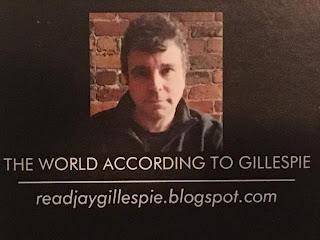The passing of Ross Perot brings back memories of his
spirited run at the presidency in 1992, and also brings to mind that our party
system (not originally favored by our Founding Fathers) has become mired in a political
rut largely offering the same two party directions for well over a
century.
When George Washington took office in 1789, his tendencies were historically Federalist although the humble and astute Washington would have bristled at being given any label. Thomas Jefferson changed the nature of political leadership in 1801 taking office as a Democratic-Republican (a political party affiliation that would be sure to confuse our current president). Andrew Jackson was the first true Democrat in 1828 and Abraham Lincoln the first real Republican in 1860, both at their respective times entering the White House as political outsiders not much unlike a third party candidate might enter office today.
The American political system has been essentially dominated by two parties ever since. It was Ross Perot’s energetic emergence in 1992, however, that has largely changed the contemporary landscape of third party American politics.
Perot’s no-nonsense approach to government appealed to many Americans. Although Perot was a self-made wealthy businessman, his public approach did not come across as entitled or elitist. Like Eisenhower in the 1950s, Perot’s persona was folksy like a grandfather while clearly communicating that he was prepared to get his own hands dirty to solve problems politically, economically, and internationally. He explained the country’s economic problems in relatable terms, and (somewhat unbelievably) led a commando mission to Iran in 1979 to free two Perot employees held prisoner, an undertaking that would be sure to irritate anyone’s bone spurs.
Ironically, Perot was threatened out of the presidential race by a doctored photograph of his daughter, Carolyn, and the fear that the photo would be made public for which he blamed the George H.W. Bush campaign, also blaming the Bush team for plans to purposely disrupt his daughter’s wedding.
“They were going to smear her with a fake photograph that they had done with a computer where you put a head on another body and they were actually going to have people in church disrupt the wedding,” Perot later revealed in the Boston Herald.
I drove Ed Rollins, Perot’s campaign manager (and former Reagan strategist), from Boston’s Logan Airport to a downtown hotel in 1992 and asked him about Perot’s withdrawal. Rollins said that Perot had called him in the middle of the night worried about the breaking media coverage regarding his daughter. Perot asked, “What should I do?” Rollins gave Perot his best practical advice. “Don’t read the paper.”
Ross Perot withdrew from the race unable or unwilling to endure the scrutiny of the press coupled with the combative responses of his political rivals, forever raising questions about his commitment regarding the presidency. Despite re-entering the race in 1992 and running again in 1996, his candidacy was never able to regain its original momentum.
History will tell us that Ross Perot was right about Americans feeling politically disconnected and how he successfully lit the fire for new independent voices to emerge and be taken seriously in the political process.
But Perot was a few thousand miles off regarding that “giant sucking sound.” It was coming from Washington D.C.



Comments
Post a Comment